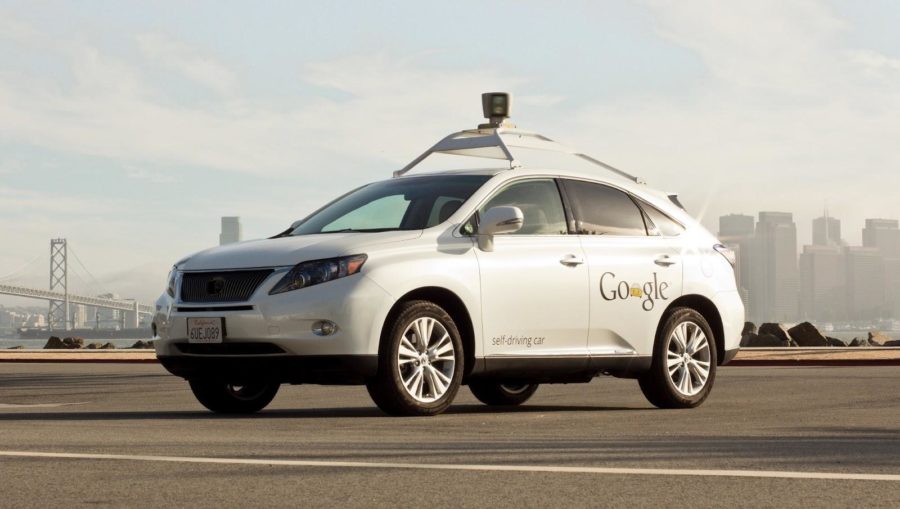Self-driving cars, like those being developed by Google, promise to usher in a new age of safety, convenience and independence. While some people lament the loss of control over their vehicle when driving, the truth is autonomous cars can’t become mainstream fast enough.
According to an International New York Times report, Google cars have been in 16 accidents, mostly minor, since 2009. In every case the cause was human error. In the one accident in which the Google car was at fault, its human “safety driver” had control of the car. Had the car been in control of itself, the accident might not have occurred.
Programmed to strictly follow traffic laws, the occasional apparent malfunction of self-driving cars usually proves to be caused by human drivers in other cars failing to follow the laws properly. In one such incident, a Google car was unable to navigate a four-way stop because the other drivers kept inching forward at their stop signs, rather than coming to a complete stop and waiting for their turn as dictated by law. When the majority of cars are autonomous, with the ability to communicate with one another, these problems will virtually disappear.
Autonomous cars will save time on the road, too. When most cars are able to exchange information, bottlenecks and mystery slow-downs will become a thing of the past, as will rubbernecking at accidents. It’s time to come up with a new excuse for being late.
Automatic driving will allow passengers to do all of the things that cause so many accidents now: send calls and texts on their phones, eat, sleep, go to a bar or party, conduct business, manage children’s squabbles. Anything one can do in a parked car one will be able to do in a moving car, saving time while staying safe.
Parking frustrations will become a thing of the past. With cars able to drive and park themselves, curbside service will be standard. Available parking can be as much as a mile away without inconveniencing the passenger. A simple app on one’s phone can recall the car for passenger pickup. A similar app would make car sharing programs even more convenient, when the car will come to the passenger for pickup.
Driverless cars present an opportunity for unmanned package and pizza delivery. Upon arrival the car could text the customer with the electronic lock code for the compartment containing their delivery. Pizza cars could have heated compartments.
Perhaps the most exciting prospect is extended independence for the disabled and elderly. One of the most frustrating things for such people is having to rely on others for transportation. They often become virtual shut-ins because they are unable to drive safely. Self-driving cars will alleviate this problem immensely, allowing disabled and elderly people to continue living rich, full lives without feeling like a burden to friends and family.
I understand the thrill of speed and control that comes with driving a car. I remember learning to drive my first car, an MGB convertible, on winding country roads. I still prefer a manual transmission over an automatic because I want the car to do what I tell it to when I tell it. But I will embrace autonomous cars as soon as I can. There are too many good points to ignore.
Read the Con argument at: https://www.theoakleafnews.com/opinion/2015/09/17/con-self-driving-automobiles/




